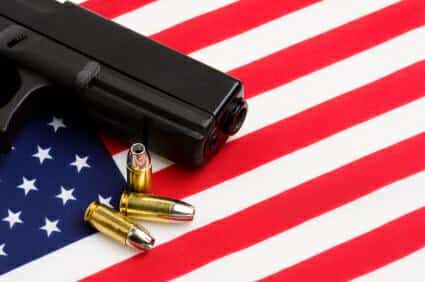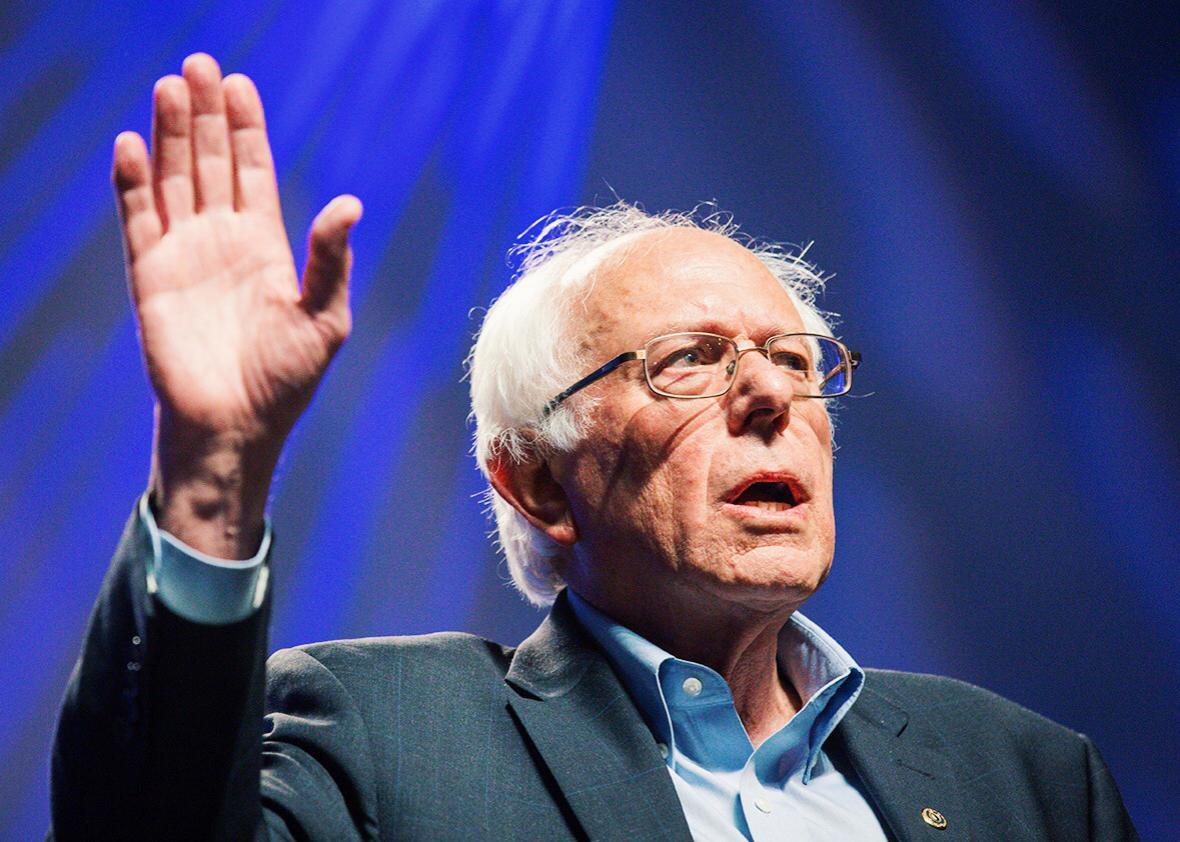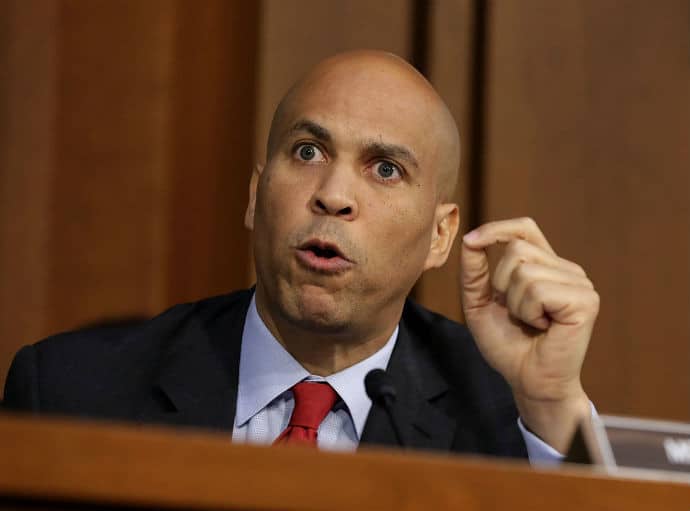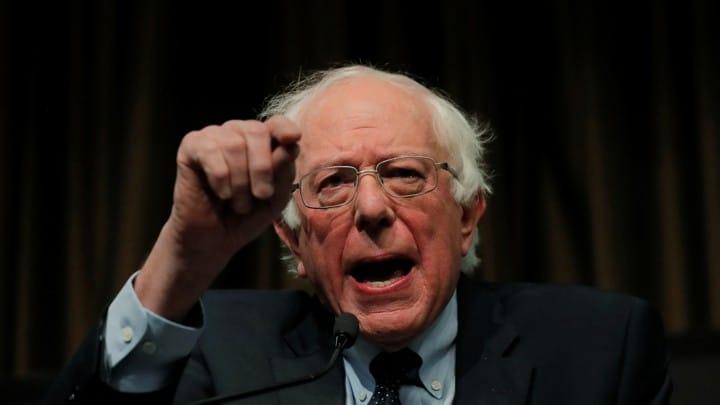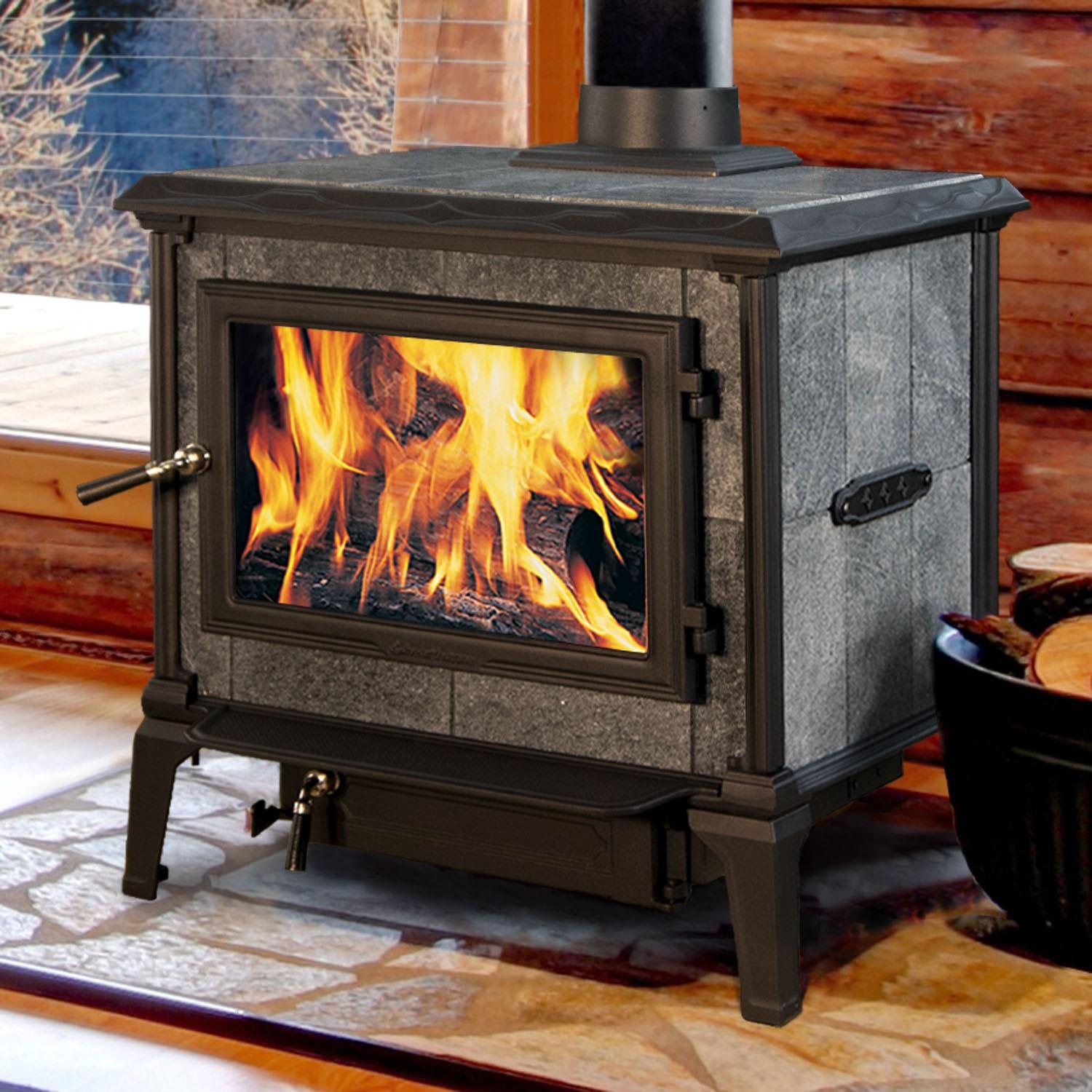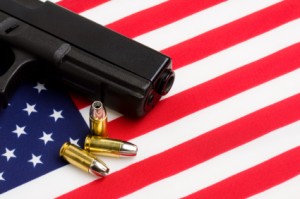 The issue of gun control vs. gun freedom has been debated endlessly in the United States. This is a good thing, because it shows that civic participation is alive and well in this country, despite the best efforts of mainstream opinion arbiters who are always hard at work trying to force a generic, dispassionate consensus on everyone.
The issue of gun control vs. gun freedom has been debated endlessly in the United States. This is a good thing, because it shows that civic participation is alive and well in this country, despite the best efforts of mainstream opinion arbiters who are always hard at work trying to force a generic, dispassionate consensus on everyone.
The nature of the gun control/gun freedom debate basically centers around two questions: does the Second Amendment really protect the individual right to own a gun, and does private gun ownership actually make us safer or put us in greater danger?
The Second Amendment
The precise wording of the Second Amendment in the Bill of Rights is as follows:
“A well-regulated militia, being necessary to the security of a free state, the right of the people to keep and bear arms shall not be infringed.”
Controversy over the real meaning of this Amendment has been stimulated by the first two sections, which would seem to indicate that the right to own a gun is contingent upon the need for a militia. Since we now have a regular, standing military presence in the United States, as well as a National Guard that could be seen as the modern equivalent of a militia, it has been argued that restrictions on individual gun ownership can now be justified, since a well-regulated militia is no longer necessary for the security of the state. Up until 2008, the most recent Supreme Court decision that had addressed this question, U.S. vs. Miller (1939), accepted the contingency argument, and ruled that the Second Amendment did not really protect the right of the individual to own a gun in any absolute way.
The problem with this interpretation is that it completely ignores what the Founding Fathers meant with the second part of their conditional phrase, “being necessary to
the security of a free state.” The reason why the Founders placed so much faith in the militia is because they had experienced repression at the hands of the British government’s standing army, and they did not want to risk having the same thing happen again. In other words, the Founders of the United States feared the possibility of a standing army being used against the people and against freedom, even if its alleged reason for existing was to protect the nation from outside invasion. Therefore, as an alternative to a standing army they preferred a militia, so the people would be able to protect themselves from tyranny and oppression no matter what the source.
So if the creation of a standing military was potentially a vehicle for oppression, then how could the creation of such a force at some point in the future possibly negate the people’s right to bear arms and defend themselves and their freedom? Just because militias have now fallen out of use does not mean that they are gone forever. If economic calamity or environmental disaster or terrorist attack in the future should cause chaos and collapse, the people may need to organize militias again for the purposes of self-protection. The necessity of militias is perpetual, not conditional, and therefore the Second Amendment does indeed guarantee the individual right to keep and bear arms permanently and unconditionally—just as the Supreme Court has now correctly ruled in the 2008 District of Columbia vs. Heller decision that struck down a District of Columbia law banning certain kinds of handgun ownership.
Unfortunately, now that the Court has finally come down firmly on the side of the people’s unconditional right to bear arms, there are some trying to do an end run around the Second Amendment. In March 2011, Illinois Attorney General Lisa Madigan issued a ruling declaring that the names of everyone possessing a gun permit in the state should be made publically available.
According to the Attorney General, the public has a “legitimate interest” in having access to this information. Certainly, burglars and other assorted felons would be very interested in obtaining this information, but besides that, it is difficult to ascertain what exactly this public interest could consist of. As usual, we are always left to speculate. Perhaps the real idea is to somehow try and stigmatize or shame people who have chosen to buy guns to protect themselves. After all, we’re always depicted as gun totin’ crackpots. Or perhaps it is meant to make things easier for a future police state (my personal guess), which might declare some sort of “state of emergency” in the event of societal collapse and use those circumstances as an excuse to round up everyone’s guns in the name of public safety.
The rationale and the potential for abuse with something like this is clearly off the charts, and it helps to show just how dangerous the mentality behind gun control can be when it is allowed to run wild. We know why we own guns and we are all law-abiding citizens. Unless an individual has shown him or herself to abuse this right, why on earth should we all have to take part in this exercise? We aren’t out there being Jesse James or robbing liquor stores or popping off our shotguns in public places. We simply want to protect our families, which is not far fetched, given the state of things now and the potential for things to get worse as the economy continues to take its downward spiral.
I am no conspiracy theorist, but seriously, what’s next?
In Self-Defense
Between 1990 and 2009, the percentage of Americans who believed the country needed more restrictive handgun laws dropped from 78% to 39%. What this reveals is that the clear majority of American citizens believe anyone who wants to purchase a gun for the purposes of personal protection should be able to do so. Of course, there is always debate over whether or not all types of guns should be legal and disagreement here has been used as a rationale for government control of gun sales in the form of regulation, registration and the banning of certain types of weapons.
While it has been shown that homicide rates are higher in countries with less-restrictive gun laws, a clear cause-and-effect relationship has never been established. So it is quite likely that the reason why gun ownership is higher in countries with high rates of violent crime is that people are rightly afraid and are buying weapons to protect themselves. This is of course a perfectly rational response, and it is hard to argue that any law-abiding citizen who chooses to carry a gun for the purposes of self-protection should not be allowed to do so.
And once again, we come back to the same situation we mentioned before— what if, for whatever reason, there is a total societal collapse and chaos reigns in the streets? In circumstances such as these, what we would need to defend ourselves against what could be something far more threatening and dangerous than a home burglary or attempted mugging on the street. In circumstances such as these, we may need weapons that are far more powerful and can provide far more protection than a handgun or a shotgun. Therefore, we need to think very carefully about whether or not we should support “common sense” restrictions on certain types of firearms. In the end, we must be prepared to defend ourselves and our families in all circumstances, including those that are the most dire and extreme.
Conclusion
While we can, to a certain extent, respect the sincere intentions of those who believe that gun control laws can help prevent violence and make us all safer, we also have to beware of those who would take those weapons in order to dominate the populace even further. In the end, we must reject those good-intentioned arguments as short-sighted and naïve. No one, of course, should have to buy a gun if they don’t want to, and they should be free to try and persuade you not to buy one, either. But if you finally decide to buy a gun, or several guns, of whatever type, in order to protect yourself and your loved ones from whatever dangers you believe are coming, then you should be entirely free to make that decision for yourself, with no government interference whatsoever. After all, if we follow the letter of the law to obtain a permit, why then would we turn around and use the gun for anything other than protection?
____________________________________________________________
Red Alert Warning! Bombshell New Book Reveals…
How To Survive The Coming Martial Law In America
____________________________________________________________


